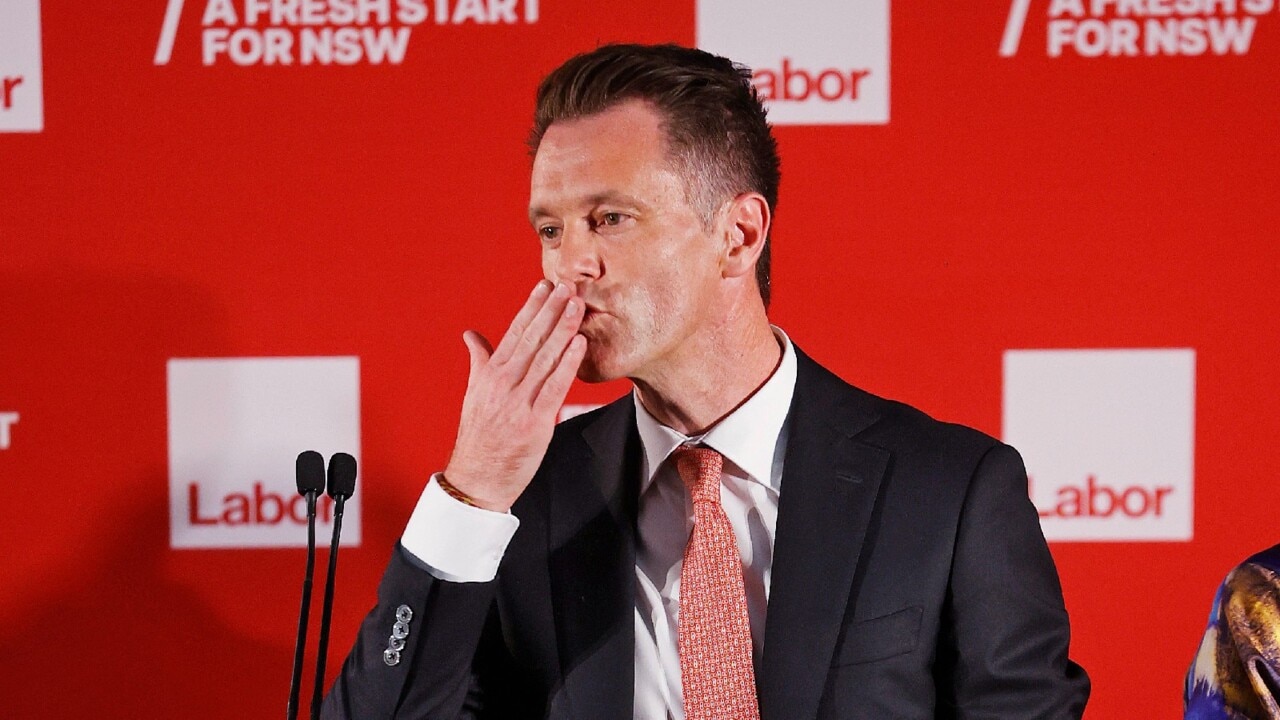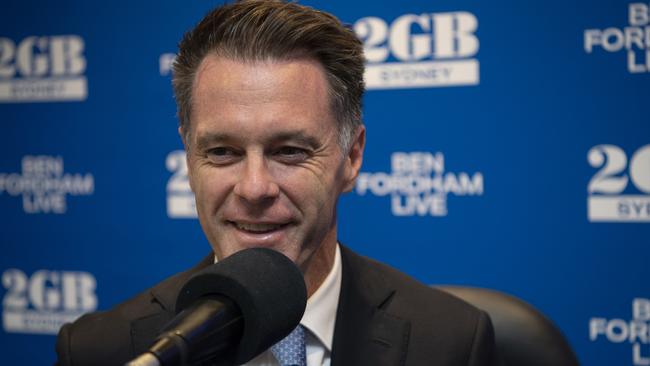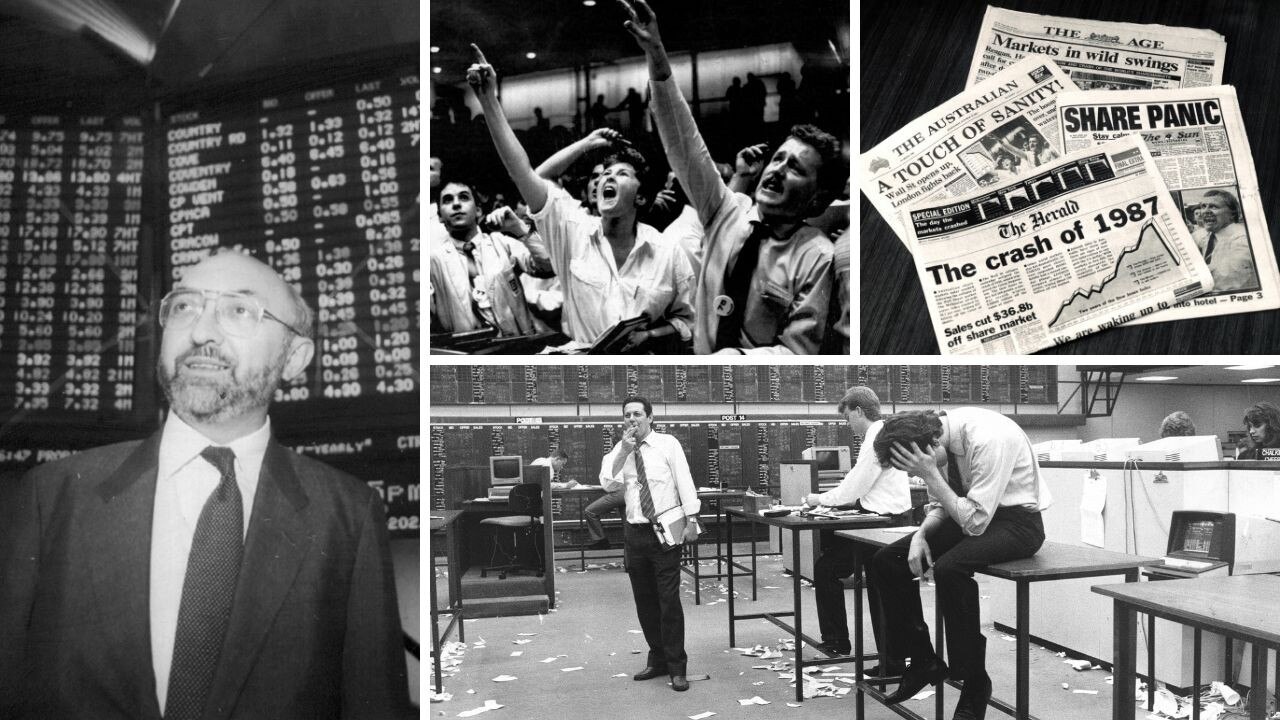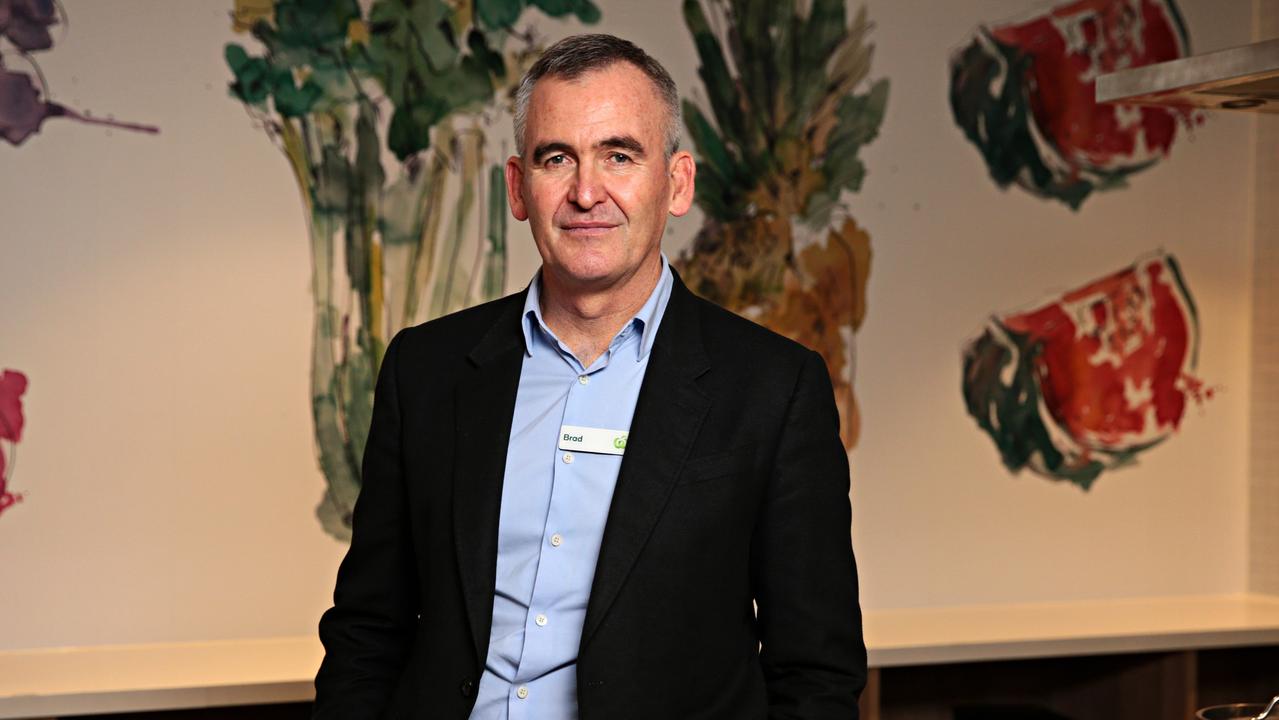Why Minns win could keep interest rates higher for longer
The voters of NSW might just have voted for interest rates to stay higher for longer for all Australians, writes Terry McCrann.

Terry McCrann
Don't miss out on the headlines from Terry McCrann. Followed categories will be added to My News.
Elections certainly have consequences. The voters of NSW might just have voted for even higher interest rates, to stay higher for longer, for all Australians.
The one thing that keeps Reserve Bank governor Philip Lowe awake at night – and should keep everyone with a home loan awake as well; and indeed, come to think of it, all Australians – is any signs of a wages breakout.
That is to say, wage increases chasing – and catching or going close to catching - the current 8 per cent inflation.
That would threaten a wages-prices spiral. And that would force the RBA to deliver the seriously punishing rate hikes that Lowe certainly does not want to do.
In his last rate hike statement, Lowe said wages growth was still consistent with the inflation target; recent data suggested a lower risk of a cycle where “prices and wages chase one another”.
But he said that before the election of a government in NSW with an explicit commitment to ‘allow’ – that really means ‘give’ - bigger wage increases for NSW public servants.
The incoming Minns Labor Government will abolish the previous government’s 3 per cent ceiling for wage rises.
Immediately, over the weekend, Unions NSW signalled it would be chasing bigger wage increases.
Now, what new premier Chris Minns has promised for public sector pay and conditions stops well short of the infamous pledge of then incoming labour (and Labor) minister Clyde Cameron in the more broadly infamous Whitlam Government.
Cameron promised to make federal public sector wages and conditions the “pace-setter” for the entire country. In ‘delivering’, he helped lock in the double digit and near-double digit inflation and interest rates that plagued Australia through the 1970s and 1980s.
The problem is that in 2023 Minns doesn’t have to ‘do a Cameron’ to wreak inflation and interest rate havoc.

In current circumstances the Perrottet Government’s now-discarded 3 per cent wages ceiling was at the exact crossover point for a wages-inflation problem.
Further, the NSW public sector is easily the biggest in the land, with more than 500,000 employees. It’s bigger than the bloated Victorian sector with its 400,000-plus employees and double the Federal Government’s 250,000-plus.
NSW is big enough to matter in its own right. If NSW public servants started winning 4 per cent-plus wage rises, it would directly impact national inflation.
More significantly, it would be impossible to keep that only to the NSW public sector. It would bleed into public sector wage outcomes more widely and into the private sector.
Given our abysmal productivity a generalised 4 per cent wages increase would broadly promote 3 per cent inflation; a 6 per cent wage increase more like 5 per cent inflation.
Worse, obviously, we – the RBA specifically – are not starting with inflation under control. Its task is to get it down, from its current level around 8 per cent. And get it down to less than 3 per cent.
That means that at best the RBA could ‘live with’ wage increases generally around 3 to 3.5 per cent. Any slippage above 4 per cent would risk higher inflation and higher interest rates.
The RBA is already walking an interest rate-inflation rate tightrope.
The longer it takes to see inflation falling towards and then below 3 per cent; the greater the risk that unions and workers generally will – quite understandably and indeed reasonably – chase wage rises of 5-6 per cent and even higher.
The Minns move makes that dramatically more dangerously likely.
The risk is twofold.
First would be the higher interest rates.
But second would be the almost certain need to keep them at those higher levels for longer. Even if the economy was sliding and sliding visibly into recession – like what happened in 1990-91.
Originally published as Why Minns win could keep interest rates higher for longer



